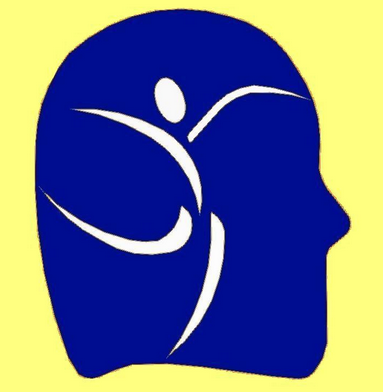More Evidence for Mind-Body Techniques
 In the Next Brain Blog we look at evidence-based techniques for achieving peak mental performance at any age. What can we do to maintain brain health and improve cognitive performance?
In the Next Brain Blog we look at evidence-based techniques for achieving peak mental performance at any age. What can we do to maintain brain health and improve cognitive performance?
Several posts have focused on mind-body techniques. Such techniques ask us to focus on the connection between how we think and feel and various bodily functions and activities. Yoga, mindful breathing and mediation are examples. While such techniques are often viewed as fuzzy or new age, we have been documenting the growing evidence for how they improve brain function and cognitive performance on the Next Brain blog.
Additional evidence was recently published by the Boston University School of Medicine. They conduct a class with 27 medical students on Embodied Health: Mind-Body Approaches to Well-Being. It ran for 11 weeks and covered the neuroscience and methods for slow breathing, resistance breathing, Yoga, the placebo effect and mindful mediation practices. Students were asked to practice the methods at least three times per week.
Assessments before and after the course revealed a statistically significant improvement in the student’s capacity for self-regulation and self-compassion.
Self-regulation is our ability to manage our thoughts, feelings and impulses in order to achieve planned behaviors and goals. A capability that is essential for improvement, success and well-being in any walk of life.
For more information you can access the entire article for free. Be sure to check out table one that lists the topics and required readings for the course.
While the Boston work does not surface any new techniques it does add to the evidence for the effectiveness on the mind-body approach. The fact that doctors-to-be are learning about them in medical school signals a maturing and acceptance of the the approach.
How are you using mind-brain techniques to improve your cognitive performance?
Source of Image: Dr. Deb’s Psychological Perspectives

.…
ñïàñèáî çà èíôó!!…
.…
good!…
.…
???????….
.…
????? ?? ????….
.…
ñýíêñ çà èíôó!…
.…
good!…
.…
tnx….
.…
good….
.…
thank you!!…
.…
ñïñ çà èíôó….
.…
ñýíêñ çà èíôó!!…
.…
áëàãîäàðñòâóþ….
.…
thanks!!…
.…
áëàãîäàðåí….
.…
thanks for information!…
.…
tnx….
.…
áëàãîäàðåí!…
.…
good info!…
.…
ñïàñèáî çà èíôó….
.…
ñïàñèáî….
.…
hello….
.…
ñïñ!…